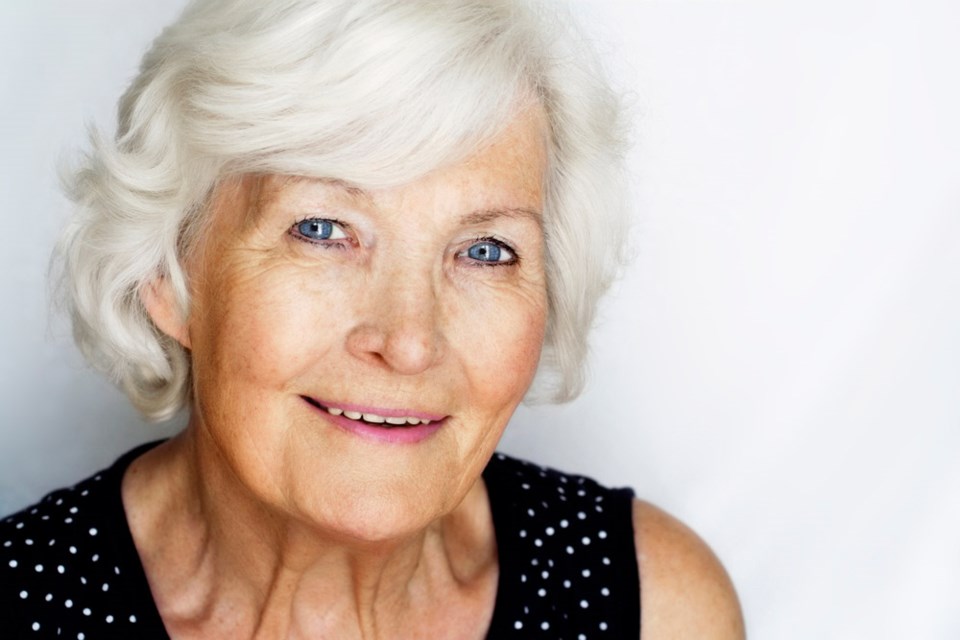A potential new treatment for a disease that robs people of their sight is being tested in Coquitlam.
Age-related macular degeneration (AMD) is, according to the Canadian National Institute for the Blind, the leading cause of vision loss in Canada. More than 1.4 million Canadians suffer from AMD and the disease’s prevalence among older Canadians will only grow as Canada’s seniors’ population doubles over the next 25 years. There is no known cure.
People with the dry version of AMD are being sought for a clinical trial led by Coquitlam ophthalmologist Kevin Parkinson. The study involves treatment with an investigational medical device that could possibly help patients retain and, in some cases, improve their visual acuity.
The trial will be conducted on behalf of EMC Inc., a Calgary-based company. Participants will be treated with a computerized electrotherapeutic device the company’s engineers have researched, designed and built to treat the symptoms of dry AMD.
The Canadian government’s regulator for medical devices, Health Canada, authorized the trial in July. A regulatory panel, the Western Institutional Review Board, which is based in Washington state, will confirm the trial’s investigators are appropriately qualified and the protocol approved by Health Canada is being implemented correctly. The Coquitlam trial will involve 60 volunteer patients.
Dr. Parkinson is the primary investigator leading the trial. About 30 optometrists in the Metro Vancouver area have been recruited to refer patients with AMD for participation.
The treatment is not intrusive. It requires no drugs as part of its regime. Instead, it employs EMC’s own patented micro-current therapy. The idea is as old as electricity but is comparable to a modern-day TENS device. It’s both cutting-edge in design and technology, lightweight for ease of use and patient comfort, and simple to operate in the hands of trained personnel.
“The goal of the Coquitlam research study is to enroll a sufficient number of subjects to see how safe and effective the investigational device is with people who have dry AMD,” said Brent Saik, EMC’s optometry consultant. “We want to evaluate the device’s ability to improve participants’ eyesight.” Each treatment session lasts approximately 30 minutes.
AMD causes damage to the macula, the central part of the retina responsible for seeing details. It limits the sufferer’s ability to drive a vehicle, recognize faces, read, sew or do fine work. Virtually all AMD begins in the dry form; the Canadian Ophthalmological Society says nine of 10 Canadians who have AMD suffer from the dry version.
Another of the trial’s objectives is to confirm EMC’s “mechanism of action theory”: that is, treatment with the EMC device improves permeability of the blood vessel membranes and cells, and allows better oxygen and nutrition delivery to the cells. In other words, pulsed micro-current electrotherapy can “re-awaken” hibernating cells that impair vision.
The likelihood of an individual developing AMD is largely determined by genetic predisposition, ethnicity and health. Caucasians, and those whose parents, grandparents or siblings have had AMD, are at a substantially increased risk of developing the disease. Many studies have asserted that those with a history of smoking are also particularly susceptible.
Participation in the trial is limited so EMC is asking that inquiries be limited to those whose vision is between 20/50 and 20/200. Participants can live anywhere, but must be willing to travel regularly to Coquitlam. There is no cost to the participant, who will be provided with a detailed consent form. Those wanting more information are asked to call 604-685-3937 or email [email protected].



